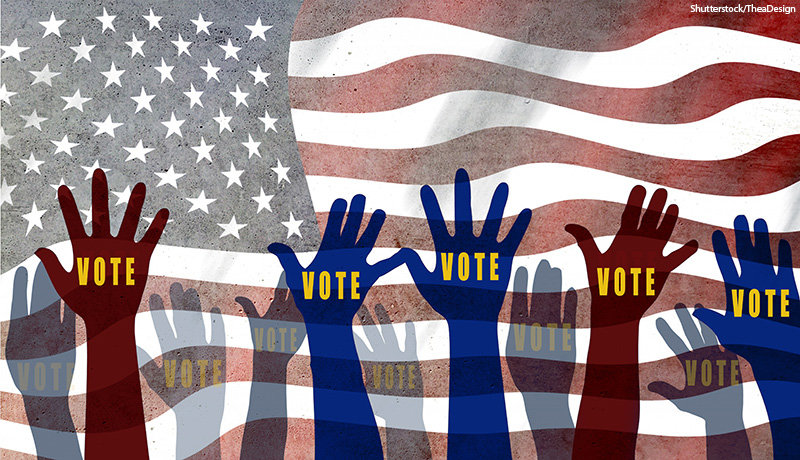
New Zealand’s parliament is currently debating whether to lower the country’s voting age from eighteen to sixteen. This comes after the New Zealand’s Supreme Court ruled that setting the voting age at eighteen is age discrimination. Several other nations are considering similar measures, while nine–Argentina, Austria, Brazil, Cuba, Ecuador, Malta, Nicaragua, and Scotland and Wales–have already lowered the voting age.
But what about the United States? While voting rights activists have been pushing to lower the voting age for decades, the idea hasn’t gained much popular appeal or legislative traction.
YOU DECIDE: Should the U.S. lower the voting age to sixteen?

YES
- Lowering the voting age in the U.S. has been done before. In 1971, the 26th Amendment to the U.S. Constitution lowered the voting age from twenty-one to eighteen.
- Sixteen-year-olds can work full-time, pay taxes, and in most states drive a car. It’s only fair that they should also have the right to vote.
- Lowering the voting age teaches good voting habits. Studies from countries that have lowered their voting age show that sixteen-year-olds vote at a higher rate than other first-time voters. This could lead to higher voter turnout over time, which is important for a healthy democracy.
NO
- Sixteen-year-olds might not have the maturity, knowledge, and motivation to be informed voters. Teenagers also tend to be heavily influenced by their parents and peers.
- Voters aged eighteen- to twenty-nine traditionally have the lowest voter turnout of any age group. It is likely that sixteen and seventeen year olds will have an even lower voter turnout.
- Most Americans don’t support this change. For example, a 2019 poll conducted by Hill-HarrisX found that 84 percent of the registered voters don’t support lowering the voting age to sixteen.
